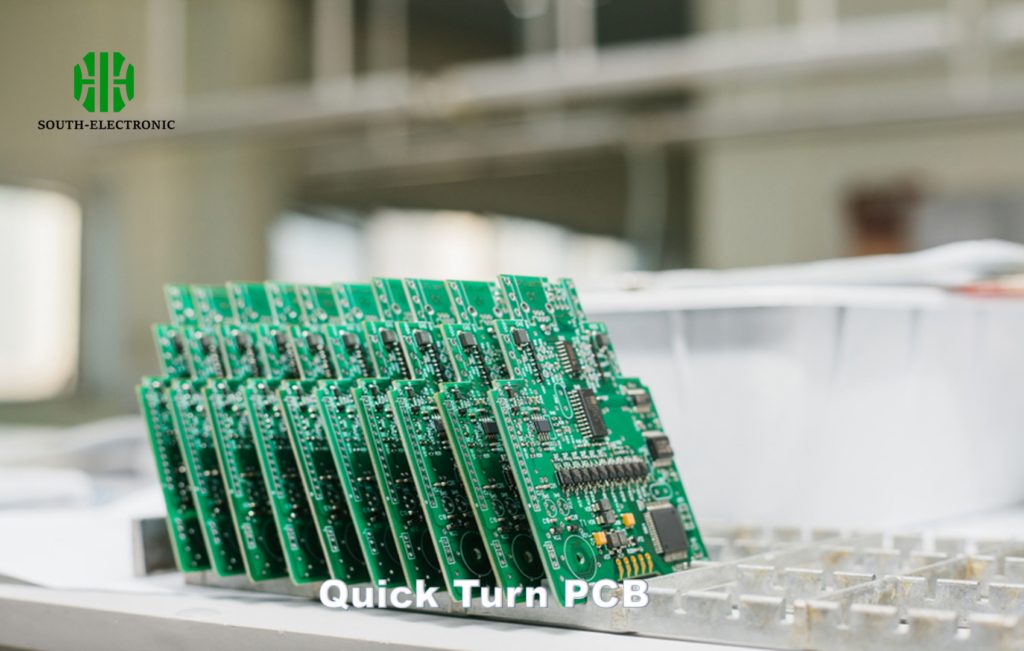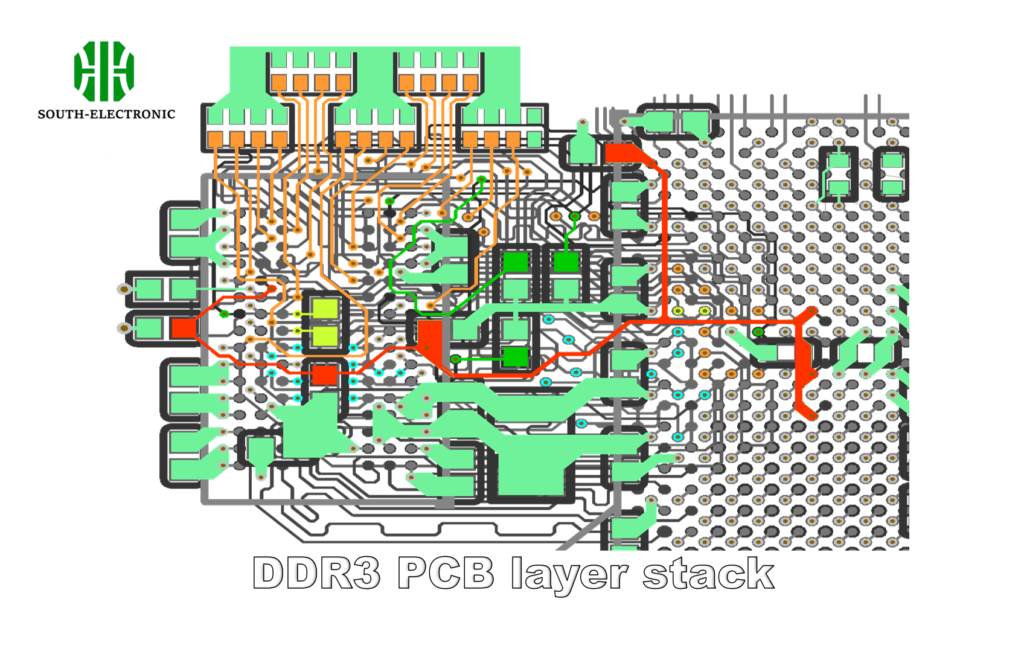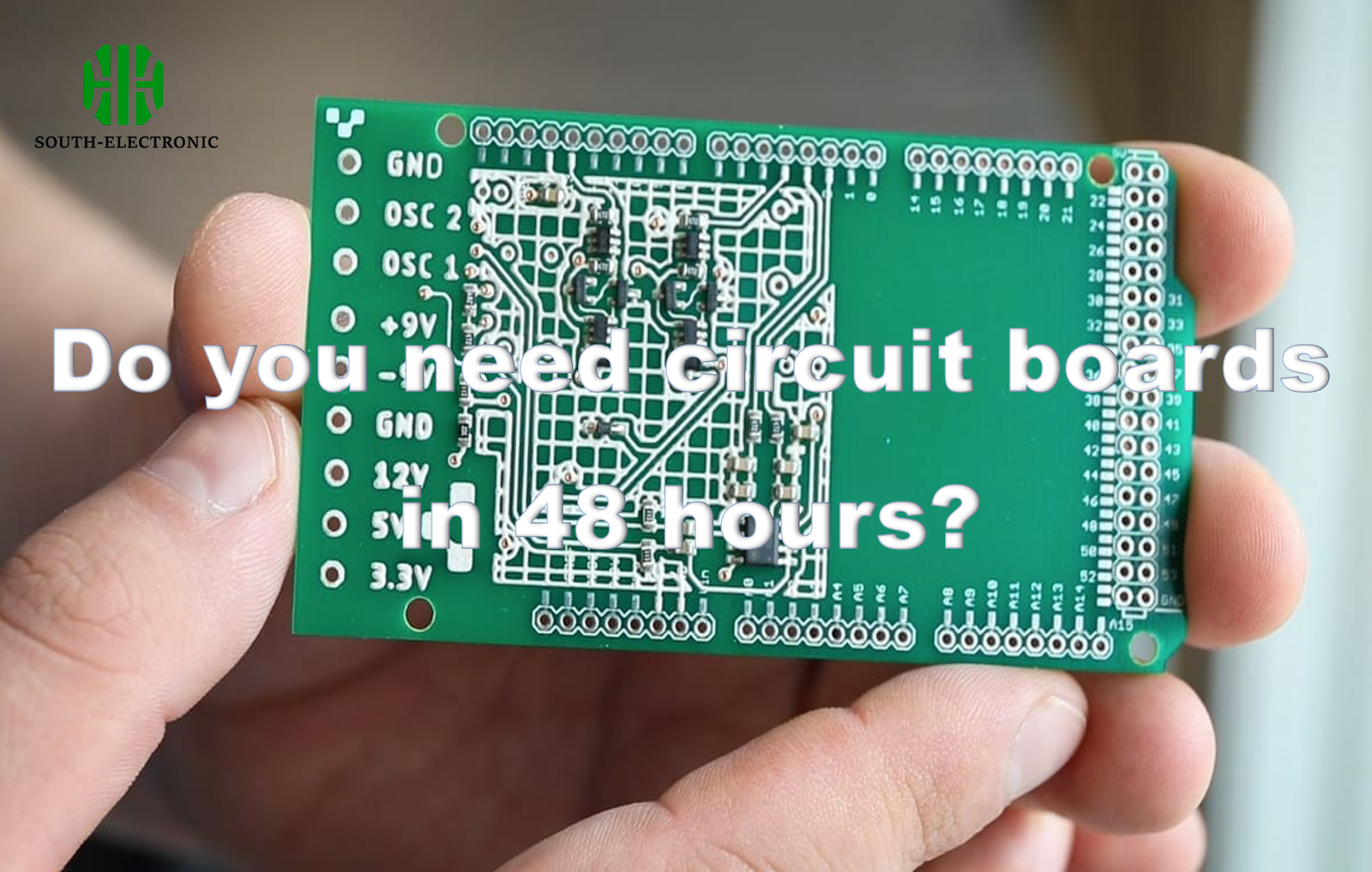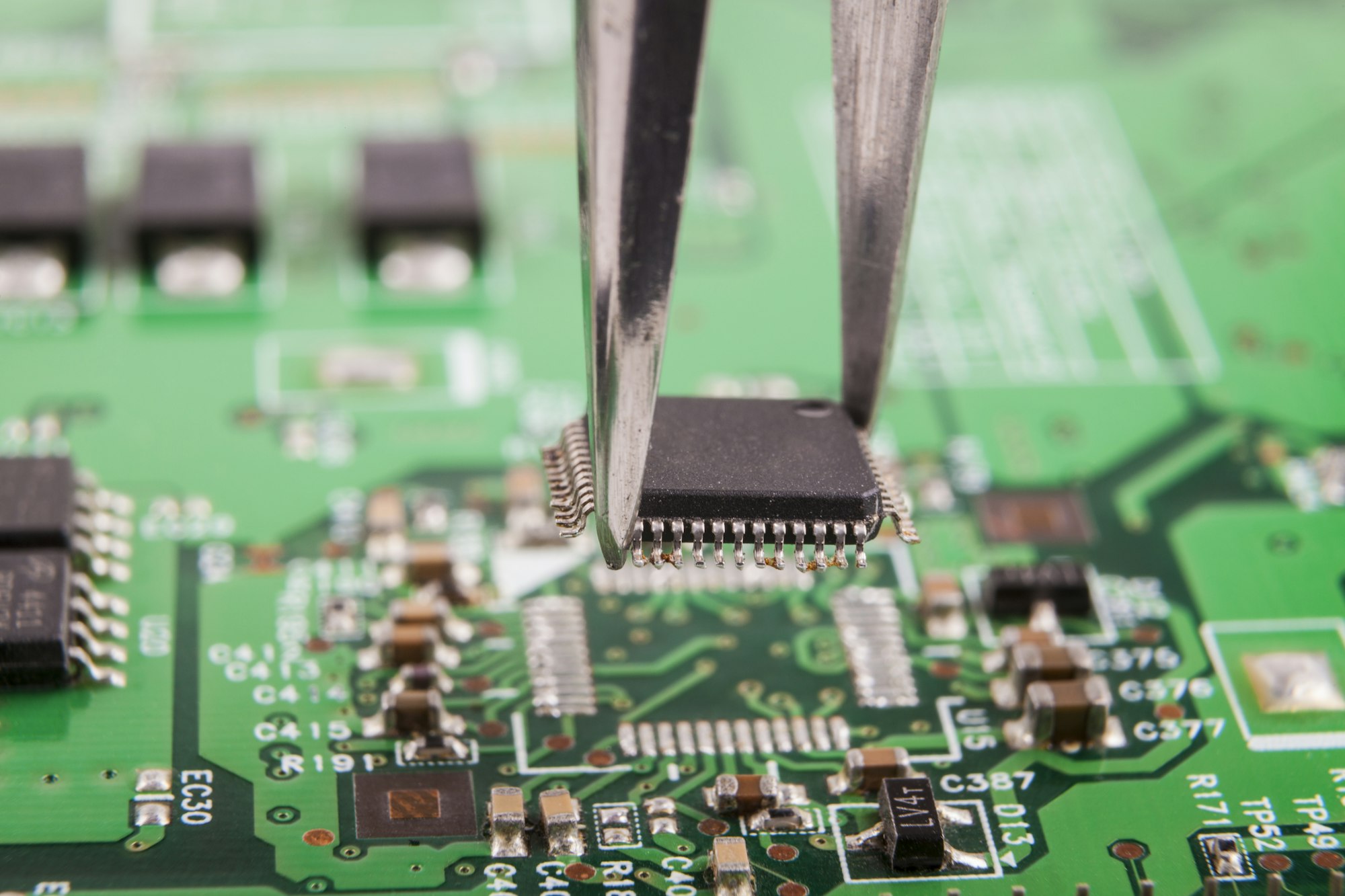Facing a hardware emergency with deadlines closing in? I’ve been there struggling with delayed prototypes. Getting PCBs lightning-fast isn’t just convenient—it’s business-critical.
Rush PCB services can deliver boards in 48 hours with proper planning. Choose experienced suppliers like South-electronic who optimize manufacturing for speed without sacrificing quality. Their streamlined process handles tight timelines reliably.
Now, how do rush services work? Let’s uncover what makes ultra-fast PCBs possible—and where hidden risks appear. Understanding costs and feasibility helps decide if 48-hour boards fit your project…
How much do quick turn PCB boards really cost?
Panicking about last-minute quotes? I once paid 300% extra for rushed shipping alone. Don’t let sticker shock derail your budget—know the real breakdown.
Quick-turn PCBs cost 2-3× standard pricing due to expedited fees and minimum charges. Labor premiums and overnight logistics add the most expense, while material costs stay stable. Suppliers like South-electronic offer transparent bundles to avoid surprises.

Three cost factors exposed
| Cost Driver | Standard PCB | 48-Hour PCB | Why It Increases |
|---|---|---|---|
| Production Surcharge | $0 | +20-50% | Overtime staffing |
| Shipping | $25 | $150+ | Air freight needed |
| Setup Fees | Waived | $200 fixed | Dedicated machine time |
Labor eats 60% of the premium. Factories pay workers extra for overnight shifts. Material costs rise only 5-10% since base components stay unchanged. Shipping rockets up 500% when jumping from ground to air transport. Always request bundled quotes—itemized fees trick clients into underestimating totals. One lab quoted me $180 "handling charges" hidden under testing fees. Verify each line item!
Top Hidden Challenges of Rush PCBs
Feeling uneasy about cutting corners? My rushed board failed EMI tests—delaying the project further. Speed introduces risks beyond production timelines.
Rush orders increase failure risks like warped materials or skipped quality checks. Accelerated testing often misses subtle defects, while tight tolerances amplify minor errors into functional flaws. South-electronic counters this with parallel inspection teams.

When faster isn’t better
| Challenge | Impact Level | Mitigation Strategy |
|---|---|---|
| Testing Compression | High risk | Request 100% ATE instead of sample checks |
| Material Compromise | Medium risk | Verify TG150+ substrates |
| Design Feedback | Critical loss | Pay extra for pre-production DFM review |
Time pressure squeezes quality assurance first. One batch had uncorrected solder mask issues because inspections got truncated. Material drying stages often shortened cause warpage during assembly. Most critically, no-time-for-revision designs can’t incorporate manufacturer feedback. My colleague burned $12k on unfixable impedance errors. Always prioritize DFM validation even against the clock!
How Does Your PCB Complexity Impact Quick Turn Feasibility?
Assuming your advanced design qualifies for rush? I learned the hard way that density dictates duration. Not every board can physically be made faster.
High-complexity PCBs (8+ layer counts or HDI) face physical production barriers in rushed timeframes. Etching microvias and multilayer alignment needs precise, unrushed processing. Simple 2-layer designs achieve 48-hour turns most reliably.

Complexity versus speed realities
| Complexity Factor | Max Rush Feasibility | Production Constraints |
|---|---|---|
| Layer Count | ≤ 6 layers ideal | Lamination cycles can’t accelerate |
| Minimum Trace | ≥ 4 mil | Fine-line etching requires slow passes |
| Via Types | Through-hole only | Laser microvias need curing time |
| Surface Finish | ENIG/HASL | Specialty finishes (gold) add days |
Each added layer extends standard production by 24 hours minimum. HDI boards with stacked microvias require curing periods that can’t be rushed—my 12-layer design took 96 hours despite "rush" status. High-precision traces under 3 mil risk under-etching when process times compress. Stick with plated through-holes; blind vias often get misaligned during fast lamination. Confirm these thresholds before committing to deadlines!
Conclusion
Quick-turn PCBs deliver under tight deadlines but require balancing costs, quality tradeoffs and complexity limits. Partner deliberately—speed demands precision support.



